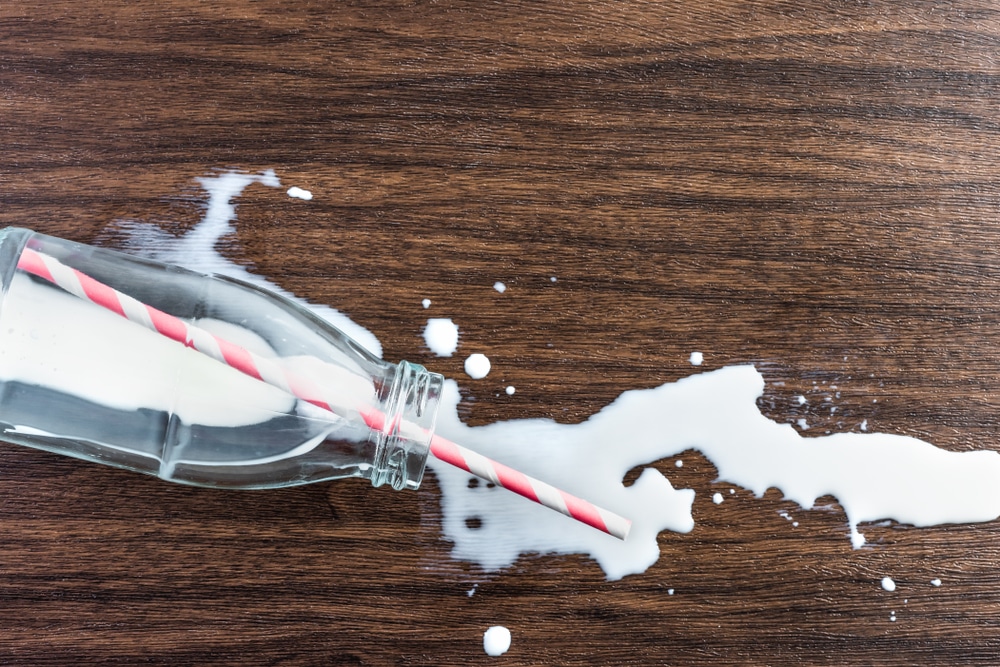Premature ejaculation (PE) is a common sexual health issue that affects many men worldwide. It is characterised by the inability to control ejaculation during sexual intercourse, leading to dissatisfaction for both partners. While occasional episodes of premature ejaculation are normal, persistent issues can cause distress and affect intimate relationships.
Causes of Premature Ejaculation
Premature ejaculation can arise from a variety of factors, which can be broadly categorised into genetic, psychological, and physiological causes:
Genetic Factors
Research suggests that genetic predispositions may play a role in premature ejaculation. Certain genetic variations can affect how nerve signals communicate, which can lead to a quicker ejaculation response (1).
Psychological Factors
Anxiety, stress, and relationship issues are significant contributors to premature ejaculation. Performance anxiety, in particular, can create a cycle of stress that exacerbates the condition. Men may feel pressure to perform, which can lead to quicker ejaculations (1).
Physiological Factors
Health conditions such as hormonal imbalances, neurological issues, or inflammatory conditions can also contribute to premature ejaculation. Studies indicate that men with abnormal hormone levels may experience increased sensitivity, leading to earlier ejaculation (1).
It’s noteworthy that one-third to one-quarter of men experiencing premature ejaculation may also encounter difficulties with erectile function, highlighting the interconnectedness of these sexual health issues (1).
Treatment Options for Premature Ejaculation
If premature ejaculation is a persistent issue, seeking help from a healthcare professional, such as a general practitioner (GP) or sex therapist, is beneficial. Treatments vary based on whether the condition is lifelong (present from the first sexual experience) or acquired (develops after a period of normal sexual function).
Behavioural Techniques
- Stop-Start Technique: This method involves pausing sexual activity when nearing ejaculation. Once the urge subsides, sexual activity can resume. This practice helps increase awareness of sexual sensations and improve control over ejaculation.
- Squeeze Technique: Similar to the stop-start method, this involves applying pressure to the penis just below the glans to delay ejaculation. This technique can help in training the body to manage ejaculation better.
Psychological Therapy
Cognitive-behavioural therapy (CBT) and other forms of counseling can address underlying psychological issues contributing to premature ejaculation. Therapy can help men develop coping strategies for anxiety and improve communication with partners (1).
Medications
Several medications can help manage premature ejaculation. Selective serotonin reuptake inhibitors (SSRIs), typically used as antidepressants, can delay ejaculation as a side effect. Additionally, topical anaesthetics that reduce penile sensitivity may also be prescribed (1).
Other Treatments
- Pelvic Floor Exercises: Strengthening pelvic muscles through targeted exercises may help improve control over ejaculation.
- Condoms: Wearing condoms can decrease sensitivity, potentially helping men last longer during intercourse (1).
Conclusion
Premature ejaculation is a manageable condition with various treatment options available. By addressing both the physical and psychological aspects of this sexual health issue, men can find relief and improve their sexual satisfaction. If you or someone you know is struggling with premature ejaculation, consider reaching out to a healthcare professional for guidance and support.
We’re here to help
Premature ejaculation treated with a combination of behavioural and medicinal solutions often produces the most effective results.
If you’re concerned that PE is impeding your sexual function, start a conversation with the team at hub.health and discover the right treatment for your needs.
Sources
- Better Health Channel. (2023). Premature Ejaculation. Retrieved from [betterhealth.vic.gov.au](https://www.betterhealth.vic.gov.au)





